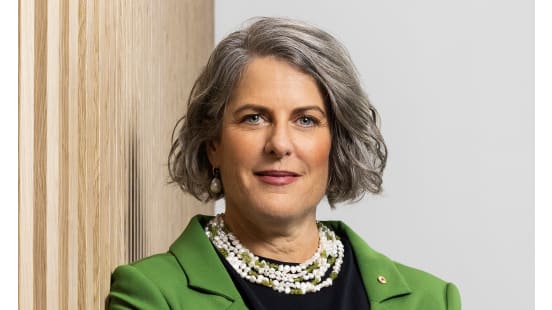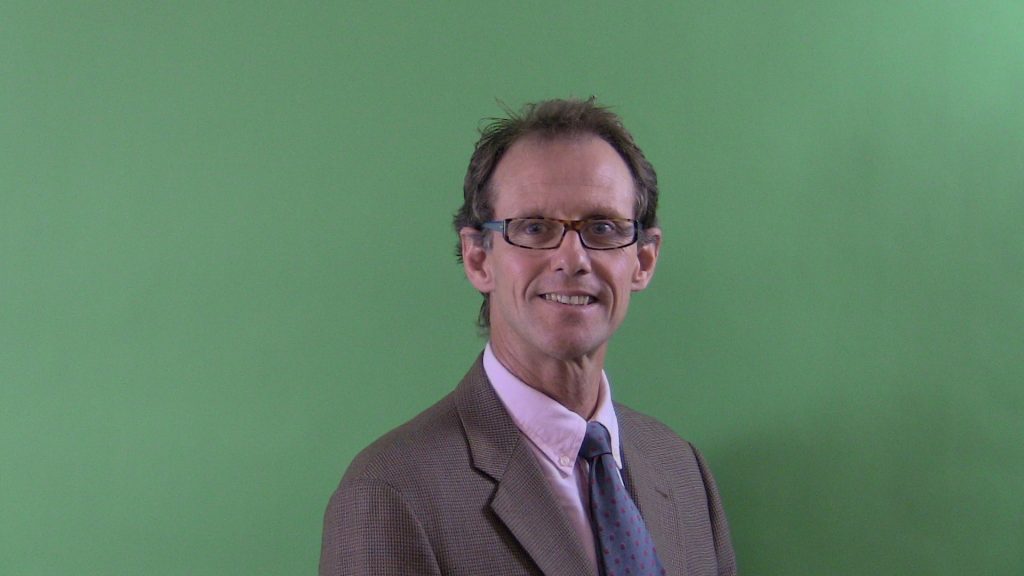BUDGET REACTION – Engineers Australia CEO, Romilly Madew AO said the Budget announcement of the Future Made in Australia is the first “true generational plan” to tackle Australia’s energy transition head on.
“The Federal Budget sets an ambitious and forward-thinking plan that focuses on skills, innovation, sovereign capability, and the global energy transition—a direction supported by Engineers Australia,” Ms Madew said. 
“Engineers will be instrumental in advancing an agenda designed to tackle the financial, workforce, environmental, and global challenges we currently face.
“Unleashing the engineering workforce right across industry, boosting engineering skills in government, and investing in more engineering research and development are the keys to creating the innovation and value-add that the government is seeking.”
Ms Madew said Engineers Australia had been advocating for this kind of seismic shift in Australia’s approach for many years.
A Future Made in Australia
“The Future Made in Australia framework is our first true generational plan to tackle the energy transition head-on,” Ms Madew said.
“We’re moving from market-led decisions to strategic investments, leveraging our natural advantages keep competitive and sustainable. This isn’t just about going green, it’s about making it economically viable on a global scale.
“Engineers Australia supports Federal Budget funding announcements to accelerate the transition to net zero through support for solar, hydrogen, critical minerals, and batteries. Clean hydrogen is the Swiss Army Knife of energy transition, thanks to its versatility across the transport, industry, and power sectors.
“By establishing a robust regulatory and policy framework, and by securing necessary funding for research, development, and commercialisation, we can fully unlock and leverage hydrogen’s vast potential within Australia’s economy.”
“With the new Commonwealth Prac Payment, students in key fields like teaching, midwifery, and social work now get $319.50 a week during their practical placements. Given our shortage of engineers, the government must extend this support to engineering students too. If we truly want a smarter future, we need to make it easier for aspiring engineers to support themselves and their families as they prepare to drive Australia’s progress,” she said.
“We are pleased with the budget’s focus on tackling workforce shortages, implementing initiatives from the Universities Accord, boosting STEM skills, and supporting women. It’s clear we urgently need to upskill our workforce to handle the energy transition, enhance our manufacturing, and beef up our digital capabilities. To stay competitive globally, we must embrace a future where continuous learning and quick adaptation are key to Australian engineering.”
Sustainable future
Ms Madew pointed out that so much of the forward-looking approach underpinning the 2024 Federal Budget relied upon Australia’s current and future engineering capability.
“The transition to clean energy is one of the most critical issues we face,” Ms Madew said. “While we appreciate the climate-focused initiatives in the budget, we need to significantly boost engineering innovation to fast-track our shift towards a sustainable economy.
“It’s crucial we develop a detailed, collaborative plan for long-term infrastructure to ensure our economic prosperity. We urge governments at all levels to commit to continuous improvement through best-practice governance, planning, procurement, and delivery.”
Defence
Modern national security requires a priority on innovative engineering, according to Engineers Australia.
“Engineers Australia supports the strategic investments in Defence in line with the priorities outlined in the 2024 National Defence Strategy,” Ms Madew said. “The investment in the Defence Industry Development Strategy (DIDS) is crucial to support the skills essential for the successful implementation of AUKUS, including specialised funding for the School Pathways Program.
“Engineers play a pivotal role in embedding robust defence measures to safeguard national security. For the success of Australia’s Defence Force and to deliver on AUKUS, it is crucial we have the engineers we need and consistently integrate the engineering perspective throughout project lifecycles.”
Innovative future with careful AI approach
The Future Made in Australia innovation funding and regulatory oversight proposals in the Federal Budget are timely and vital, according to Engineers Australia.
“This new funding boost is a significant step forward for artificial intelligence (AI) in Australia, reinforcing industry confidence through enhanced policies and regulations,” Ms Madew said.
“It is encouraging to see investments not only in the adoption of AI but also in the establishment of an AI advisory body.
“Engineers Australia has advocated for such a body, which will foster collaboration between industry, academia, and government to drive the research and development of AI technologies that are both ethical and responsible.”
www.engineersaustralia.org.au
ends


 How to resolve AdBlock issue?
How to resolve AdBlock issue? 






